
Why it's so important you check the title of your practitioner
Since 2022, the cosmetic tweakment industry and people booking non-surgical procedures for improved and rejuvenated looking skin has risen hugely and the market is showing no signs of slowing down. According to a new UCL study, the UK injectables market is predicted to reach a value of £11.7 billion by 2026. Fillers and anti-wrinkle injections for most practitioners are still the most requested treatments to add volume and plump out fine lines. There is of course a dizzying array of other treatments offered by practitioners from jawline tightening to smoothing out crepey necks or de-puffing the eye area. The worrying thing is that to date this is still an industry that isn’t effectively regulated. The Government did pass a consultation paper in September of this year which will hopefully put in place some form of regulation, but the likelihood is that this won’t happen until 2026.
The more popular tweakments have become, the more untrained, unskilled injectors and practitioners have risen and have started operating which makes it even more important to do your homework before choosing to visit a clinic for anything to do with your skin. It’s also important to check the title of your practitioner and what exactly does that title actually mean as it’s become quite a murky and confusing area for many patients.
As beauty journalist, Alice Hart Davis, author of The Tweakment Guide says, ‘Under the current proposals, unlicensed practitioners will be banned from giving cosmetic injectable treatments. Right now, anyone (yes anyone – even your postman) can take a short training course and set themselves up in practice, advise and inject whoever they like. Yes, it’s a shocking state of affairs, particularly given the increasing popularity of tweakments.’
‘The most recent annual clinical review from the BCAM’ continues Hart Davis, ‘that is the British College of Aesthetic Medicine noted that 82% of their members had treated patients for complications caused by other practitioners. While all practitioners tell me that they all may get complications, the vast majority of problematic complications are caused by the injectors with minimal training and little understanding of anatomy.’
So the plan is that subject to this consultation paper the aim is that by 2026, it will become a criminal offence to operate or provide non-surgical cosmetic tweakments without the possession of a licence to practise and a separate licence for the premises though which the practitioner operates.
That’s all well and good, but in the interim, and frankly even after that paper is passed, it’s hugely important be aware and do some thorough homework before you book in to see anyone and to thoroughly check the credentials of your practitioner.
The best place to start is the title of your practitioner which, in this surge of non-cosmetic treatment popularity, may need some clarification.
Terms that have recently arisen such as ‘hair doctor’ or ‘skin doctor’ don’t actually mean anything.
Currently as it stands in the UK, the only person with medical expertise, specifically trained (which means medical school, specialist postgraduate training and passing of ‘board exams’) to treat hair and skin concerns is a Consultant Dermatologist. And all consultant dermatologists in this country are listed and can be easily checked in the General Medical Counsel specialist register. So, if in doubt, look here first.

As Consultant Dermatologist Dr Ophelia Veraitch says, “Becoming a dermatologist can take an average of 14 years training beginning with five or six years at medical school, followed by a further 8 years working in hospitals combined with specialist training and research (often including a PHD which is an additional 3-4 years) where they’ll study on average about 4,000 different skin conditions. It’s a highly competitive and stringent training process.”
In a nutshell, if you have a skin or hair concern, a Consultant Dermatologist should be your first port of call. They’d also be a very safe pair of hands to trust with any cosmetic tweakment or procedure as they have a thorough knowledge of anatomy, skin health and how the skin heals.
With so many so called ‘specialists’ arisen over the recent years, here’s a Q and A with Dr Ophelia Veraitch to clear up some misconceptions and to remind us who’s who in the world of hair and skin health:
Is a ‘trichologist’ medically qualified to treat hair loss conditions?
Trichologists usually have a hairdressing backgrounds. Consultant dermatologists are the only medical specialists trained to treat hair loss disorders.
In the UK, is an ‘aesthetic doctor’ also a dermatologist?
Not necessarily. Any doctor can call themselves an aesthetic doctor, they do not have to have any training as a dermatologist.
In the UK if a doctor has ‘cosmetic dermatologist’ on their profile does it mean they are a dermatologist?
Be wary of this title. ‘Cosmetic dermatologist’ is often a term mis used by aesthetic doctors to mislead their patients but it’s often a term used by some proper dermatologists too so if in doubt check on the General Medical Counsel register.
In the UK, if a doctor has ‘skin doctor’ on their profile does it mean they are a dermatologist?
Currently any medic in the UK can call themselves a ‘skin doctor’. It doesn’t necessarily mean they are trained in dermatology.
In the UK if a doctor has ‘GP dermatologist’ on their profile does it mean they are a dermatologist?
GP dermatologist does not mean the doctor had completed GMC recognised specialist training in dermatology.
Dr Ophelia Veraitch is a board-certified consultant dermatologist. If you would like to book an appointment to visit her in clinic, visit our booking page here.
Shop Bestsellers


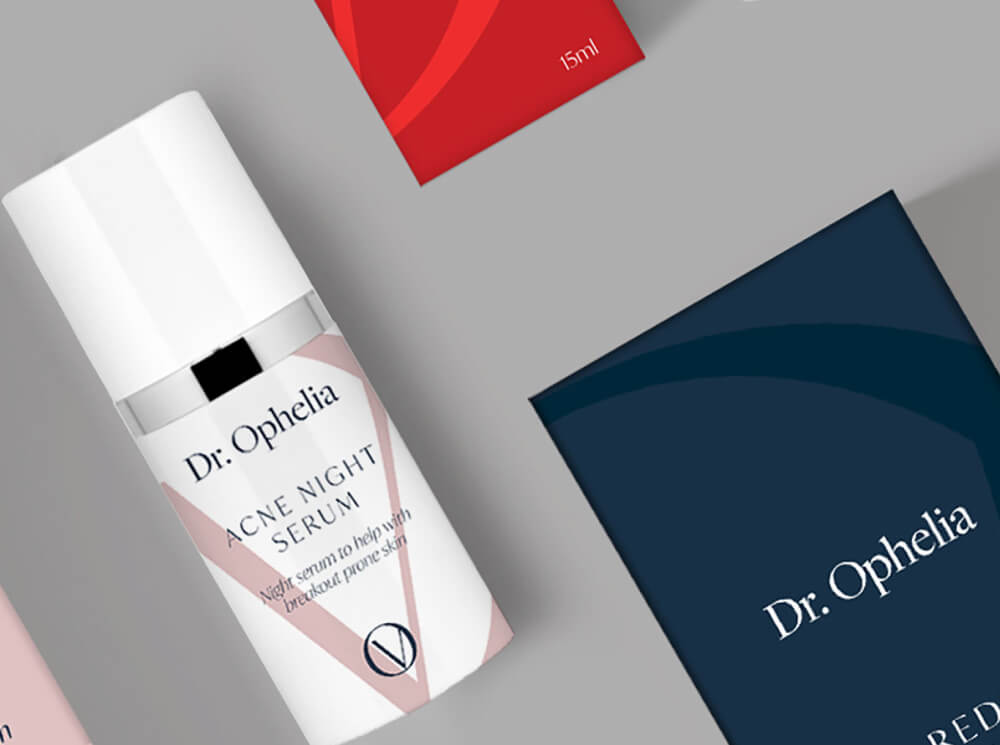


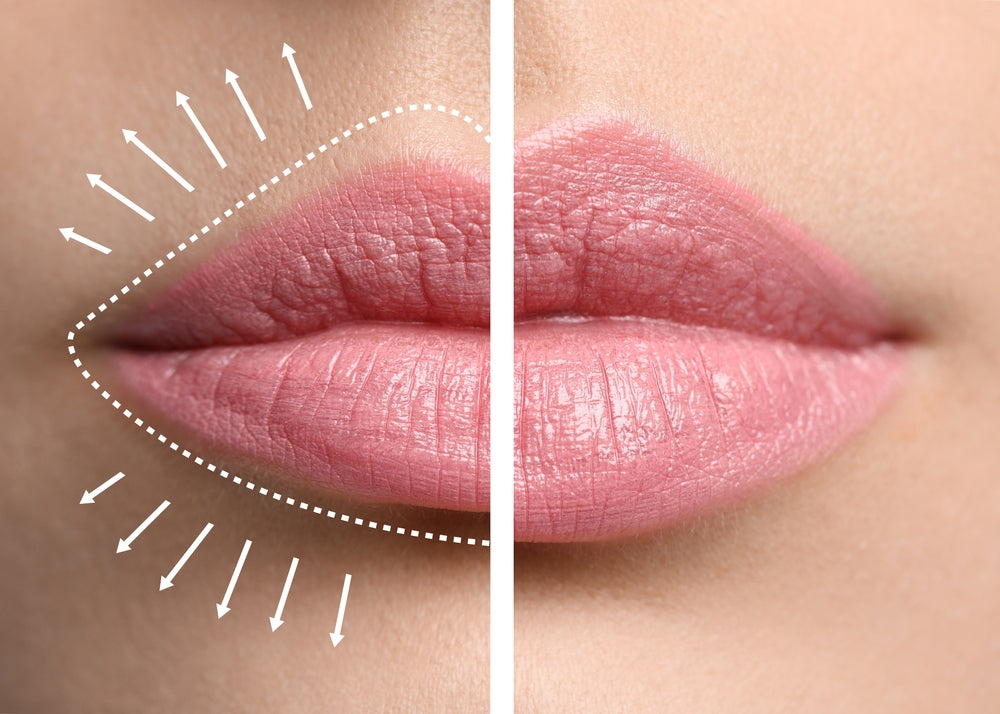
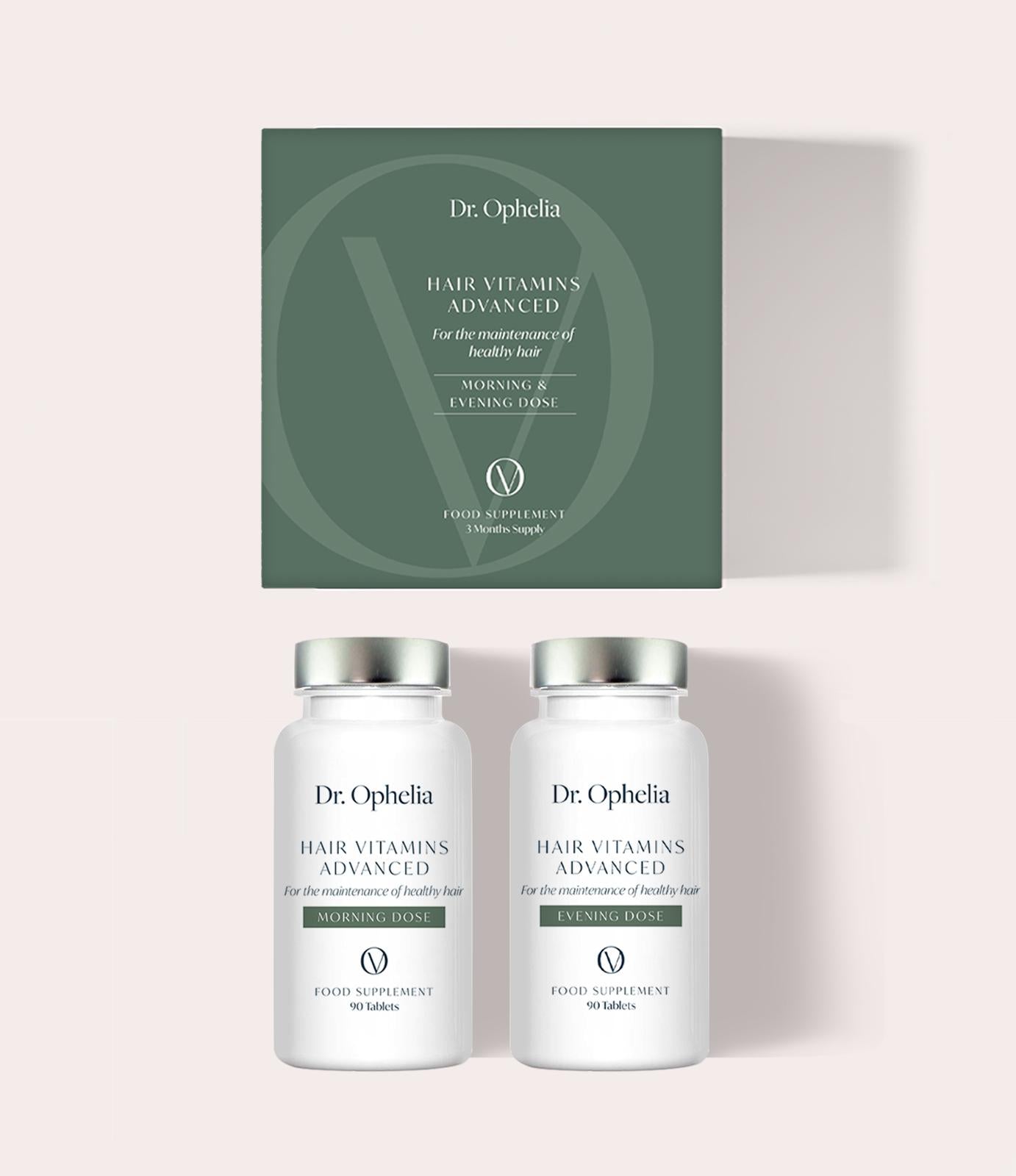
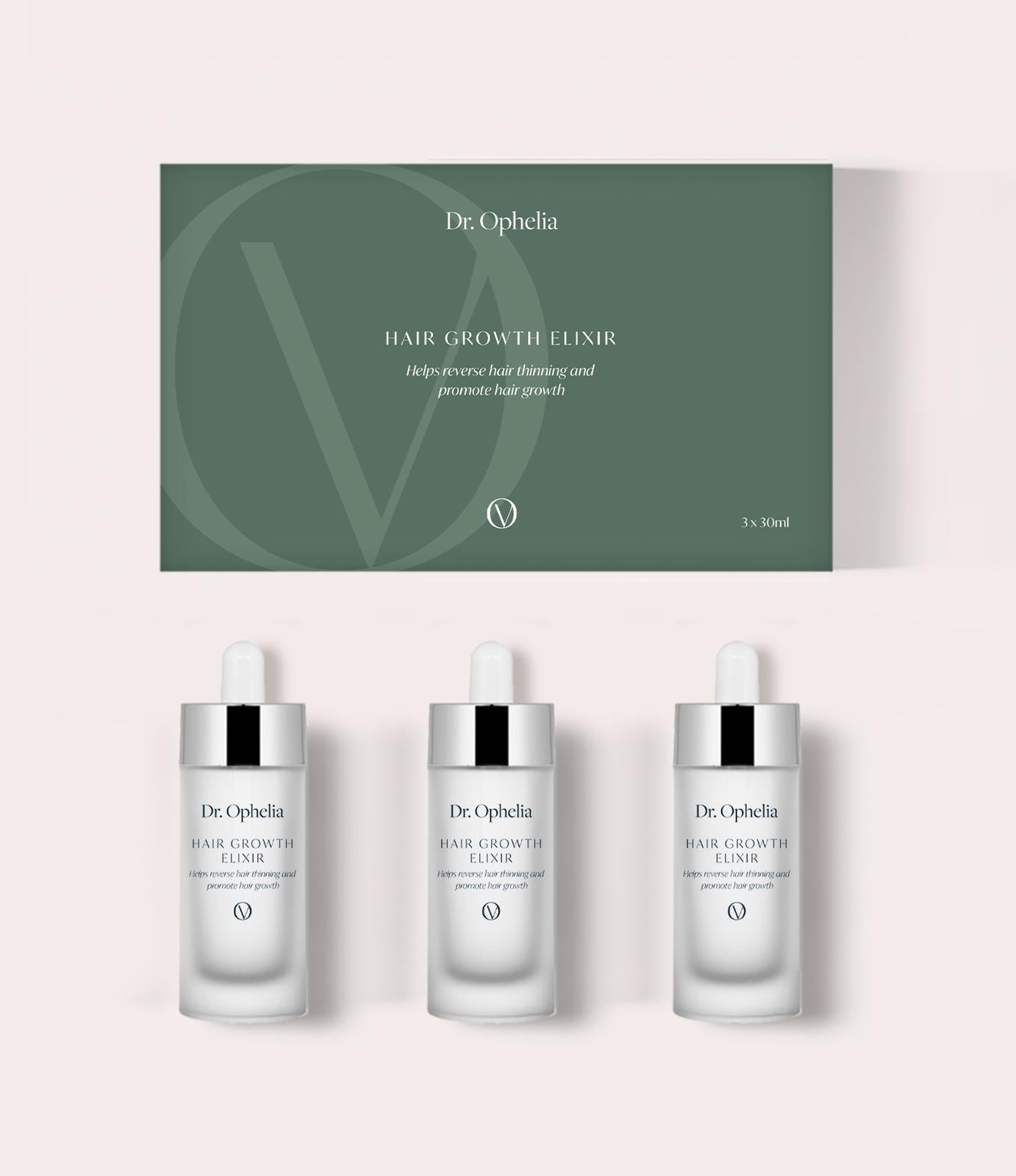
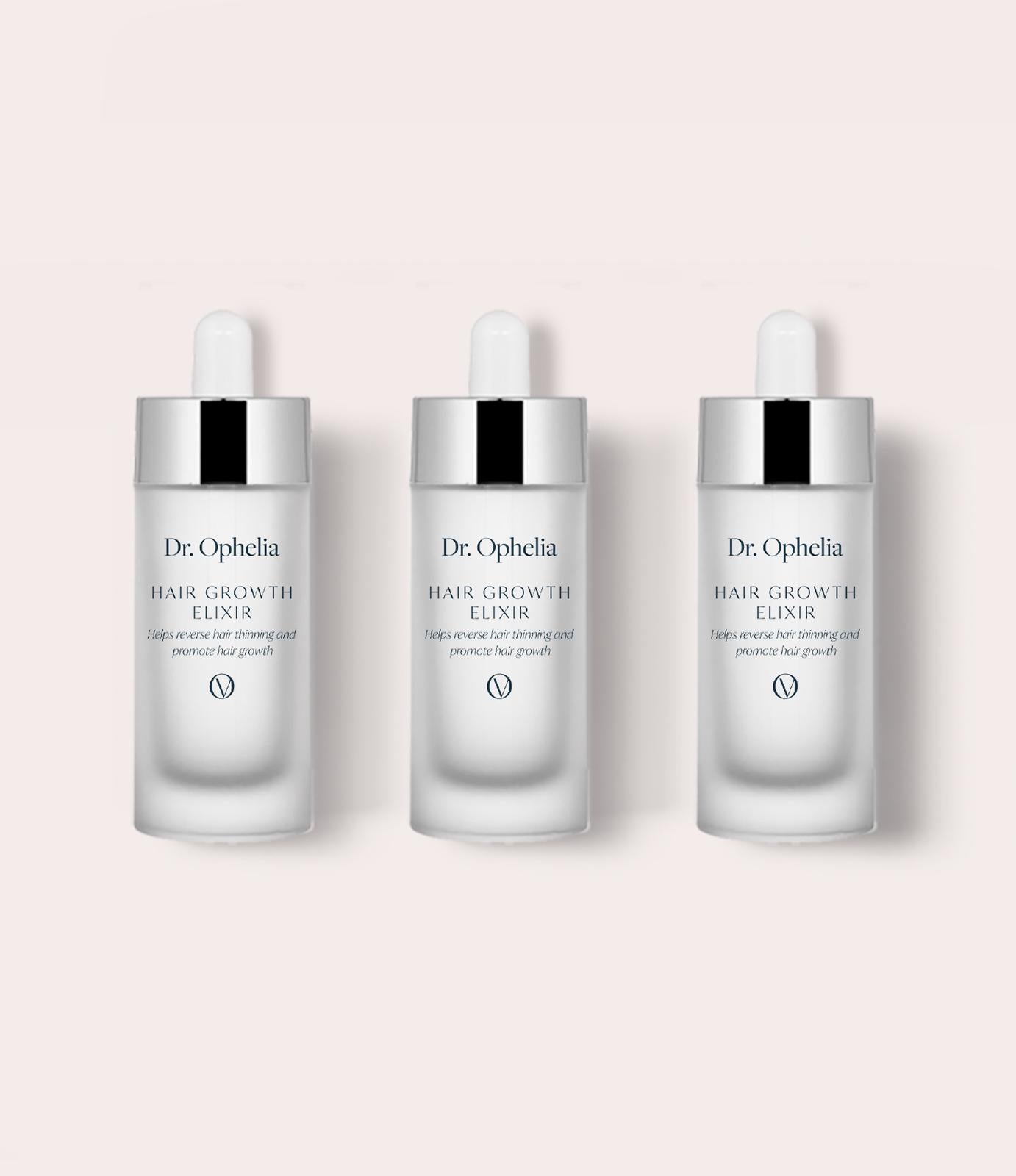
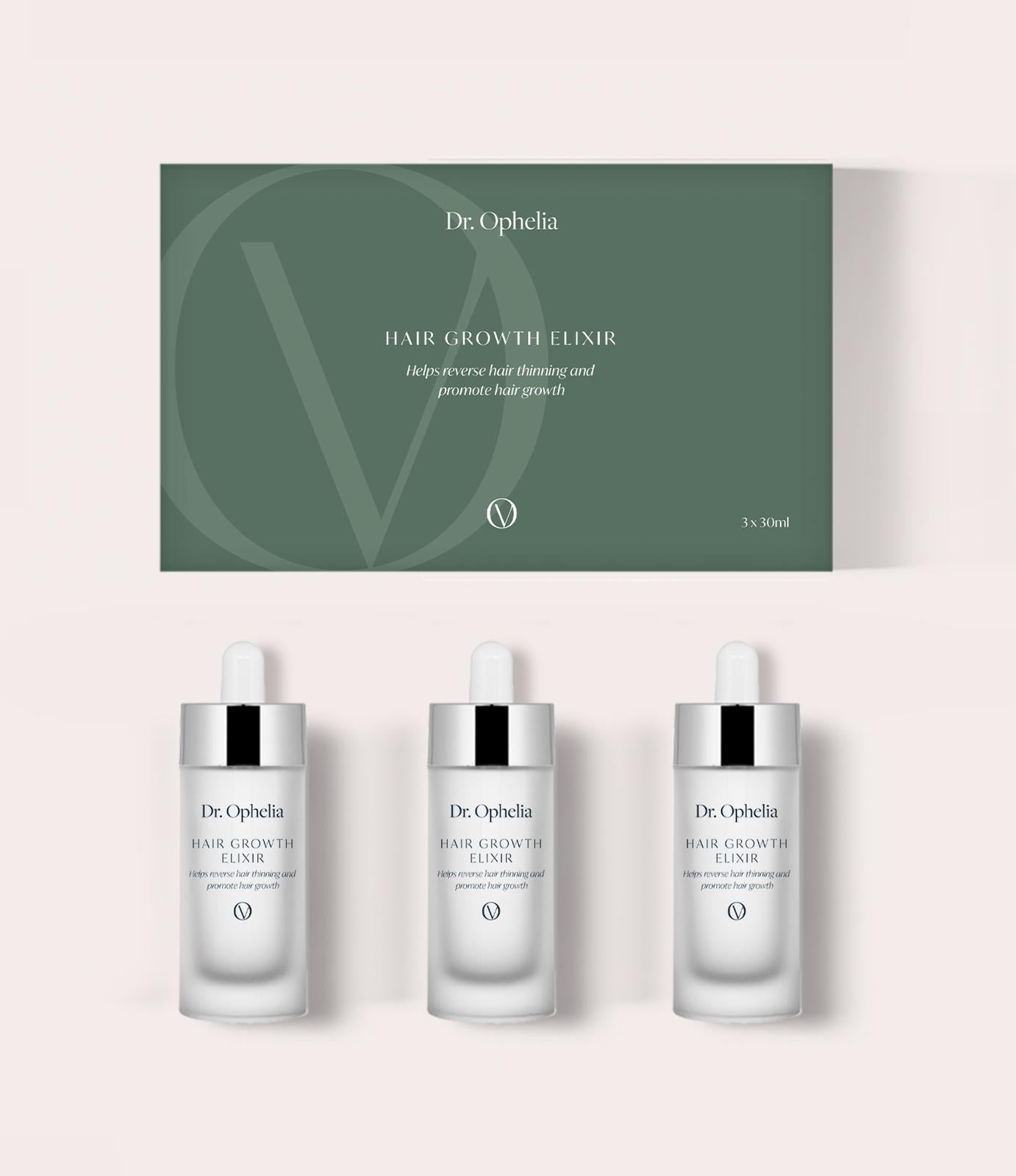
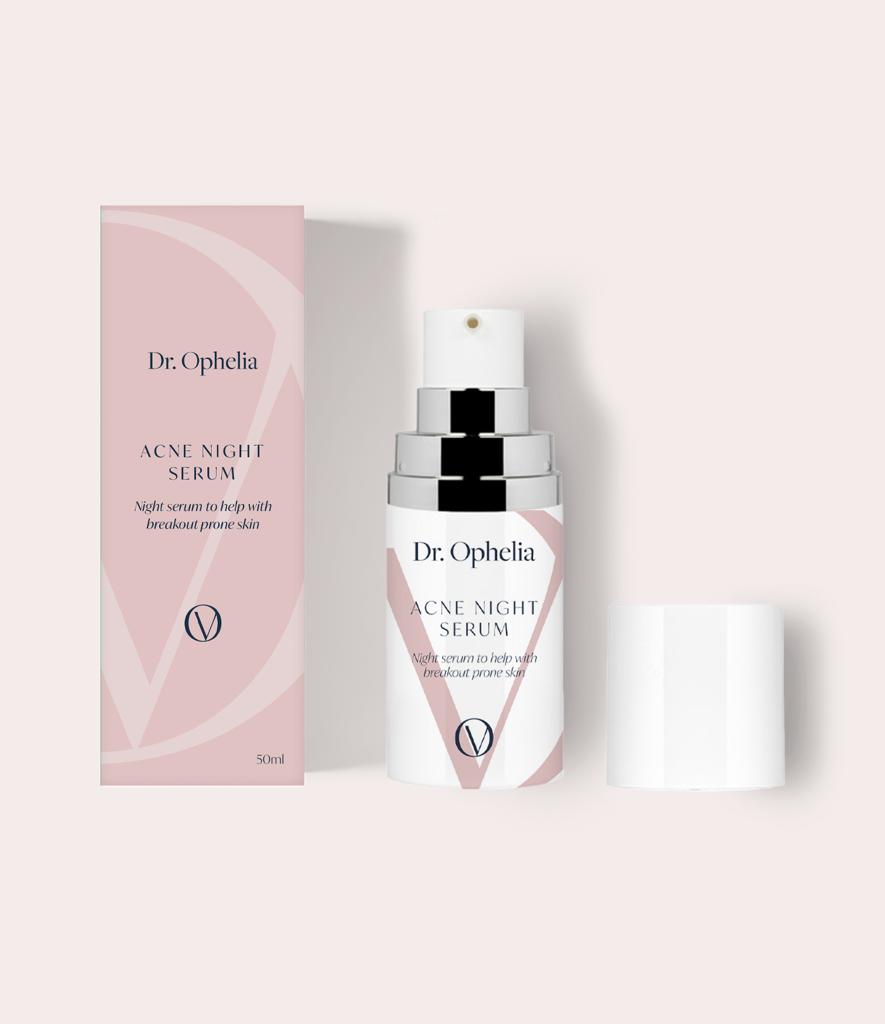
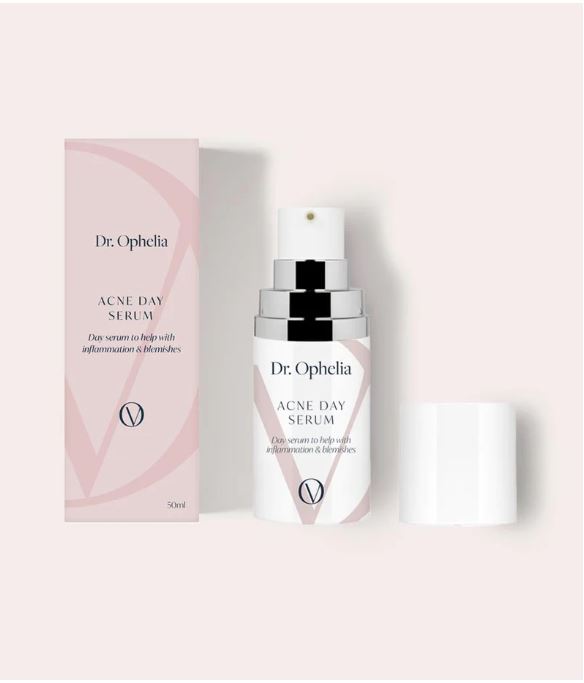
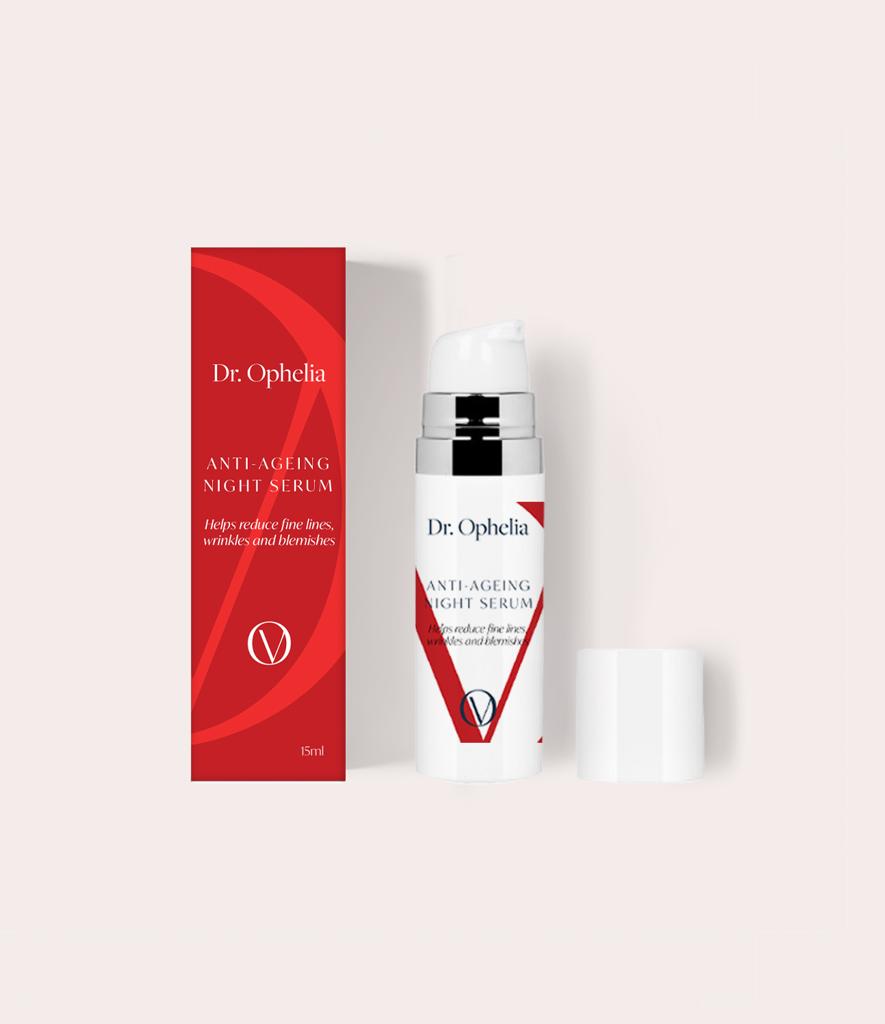
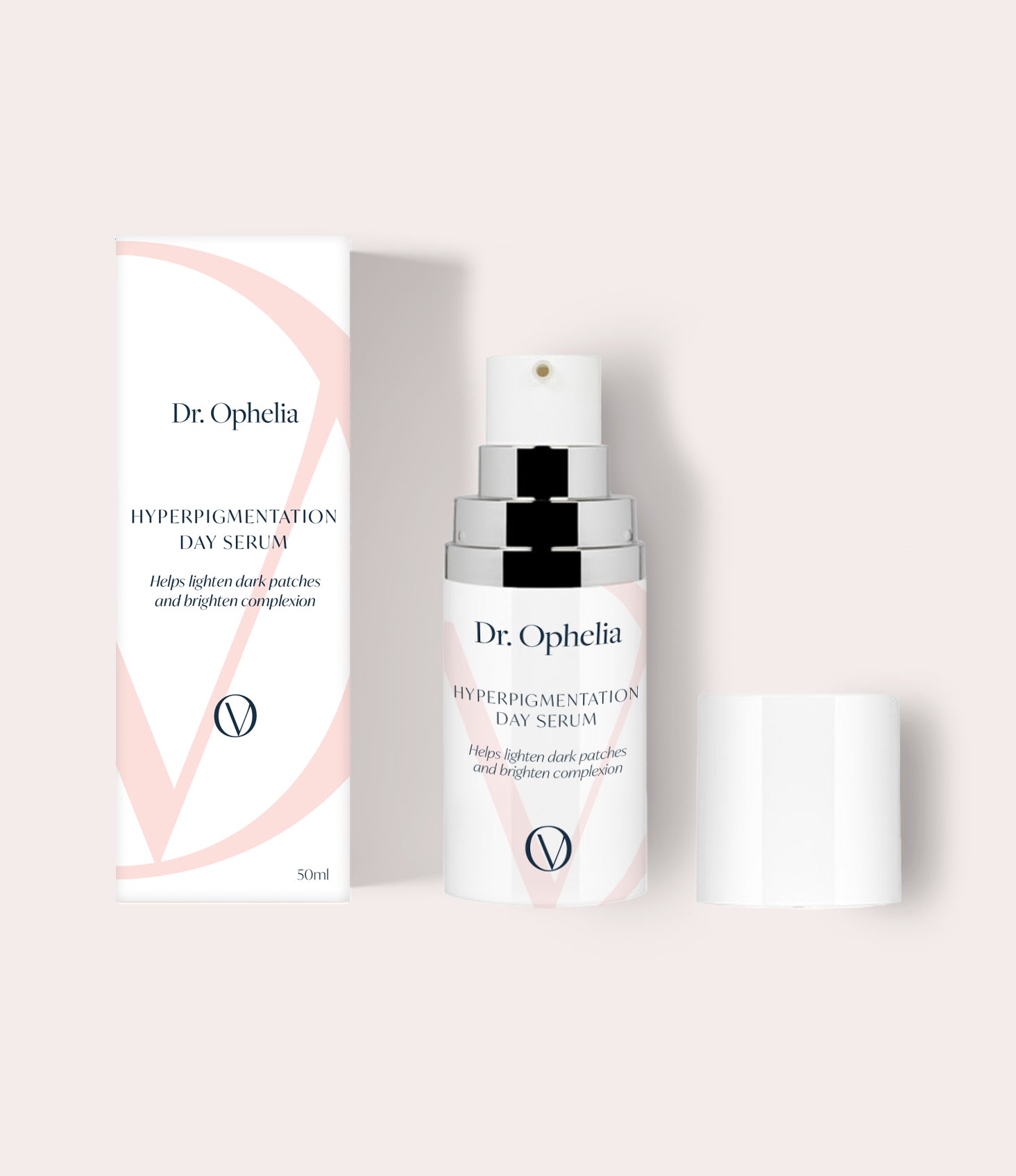
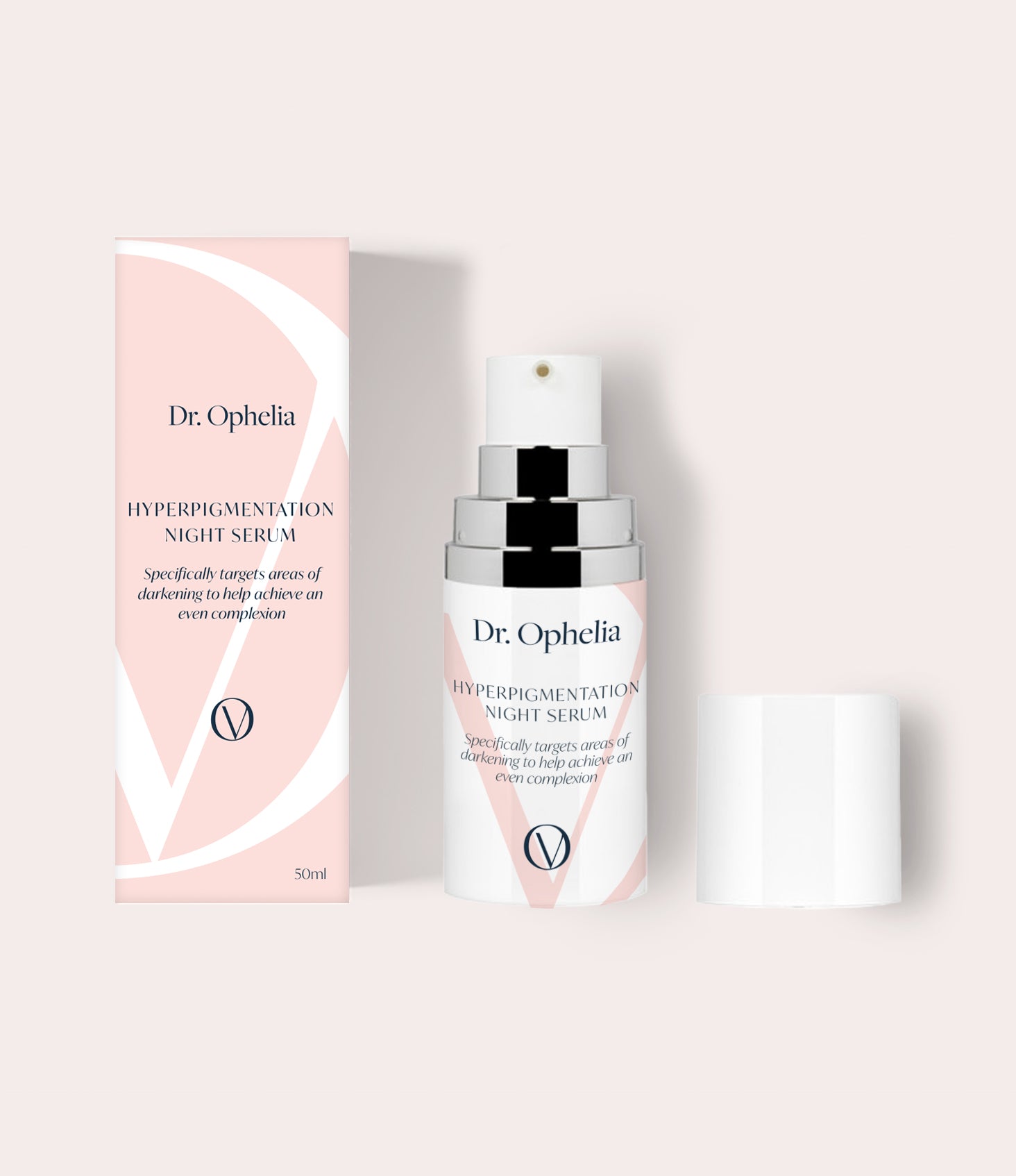
Leave a comment
This site is protected by hCaptcha and the hCaptcha Privacy Policy and Terms of Service apply.